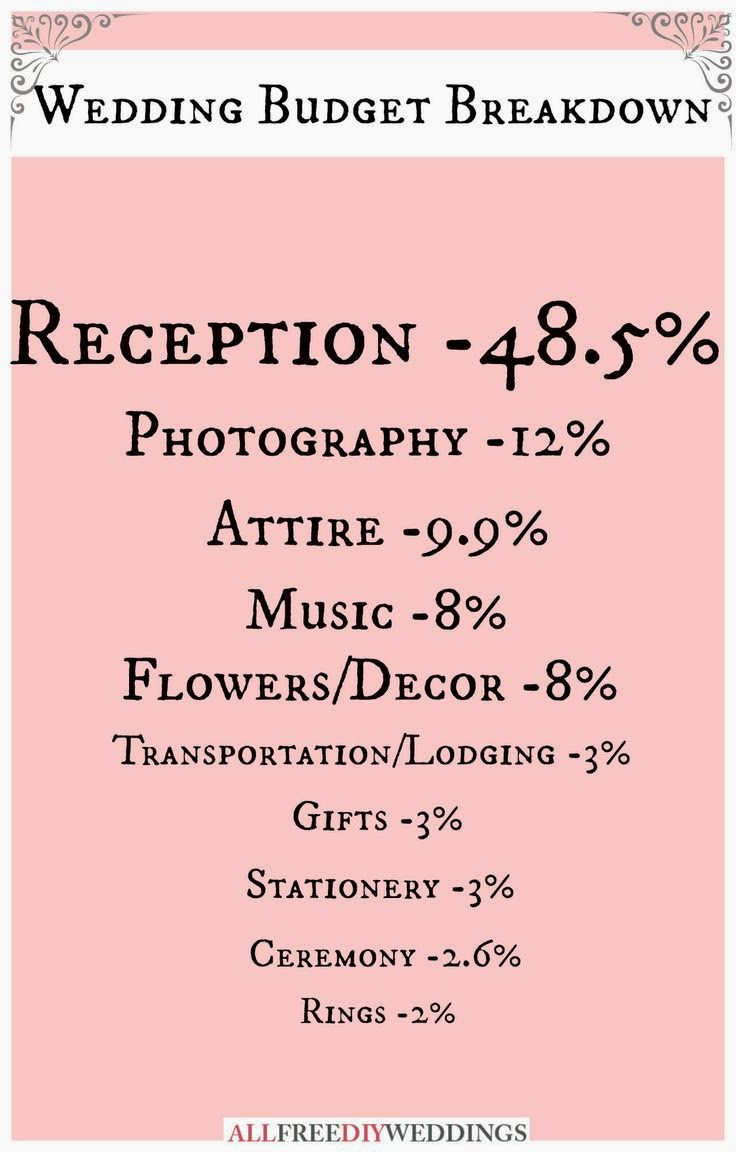Once you have gotten over the excitement of becoming
engaged, creating a wedding budget is what should be first on your list of
things to do. Too often couples start
planning the wedding and hiring vendors before setting the budget. Budgeting
after you have started spending money can most often lead to regret. You
realize you have spent so much on your venue that now you can only afford half
of the flowers you would like for the reception area.
Although
it is tradition for the bride’s parents to pay for the wedding, this is not
necessarily true for today’s couples.
There are several options:
- · Parents may pay for all the wedding expenses.
- · Parents may specify an amount they will put towards the wedding. The couple will pay the difference.
- · Parents may decide to pay for certain aspects of the wedding such as the wedding dress, catering, etc.
- The couple will pay for everything else.
- · The couple can set a specific budget and ask everyone to pay evenly. This is a great option in a divided family. For example, the mother of the bride, the father of the bride and the couple split the costs. If the groom’s parents offer to pay a portion of the wedding, include them in the equation.
- · The couple can decide on their budget together and pay for all the expenses of the wedding.
Now comes the question of how much money you will really need.
Depending on where you live, you can figure $100 per guest is a good start. This comes to $50 per guest for catering and $50 for all the rest.
Start by using a wedding budget worksheet.
- · Put in the actual numbers that you know, such as, venue, band/dj, wedding attire.
- · Prioritize what is most important to you, choosing 2 or 3 must haves for your wedding day.
- · Look through the budget and cross off the things you will not need.
Once you have set your budget, stick to it! It is easier said than done, but will alleviate the dreaded post wedding spending regret.


